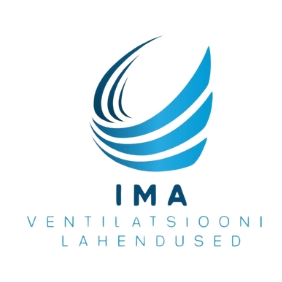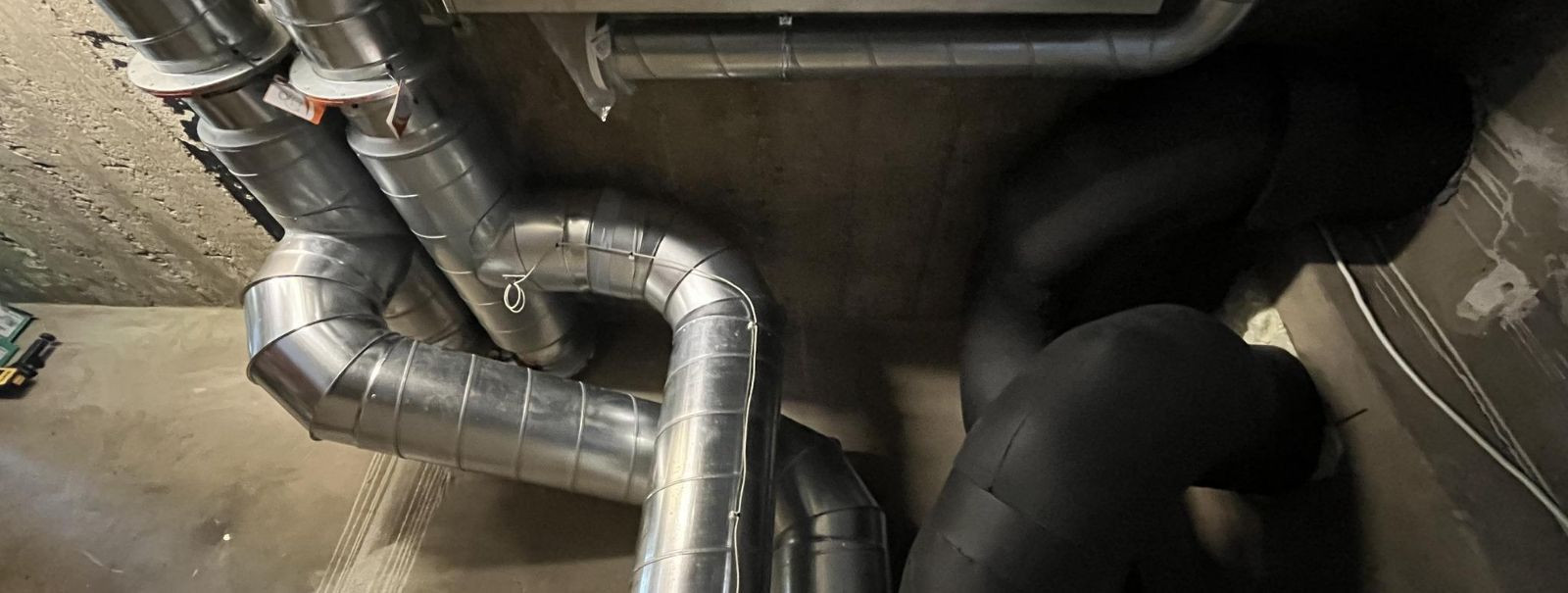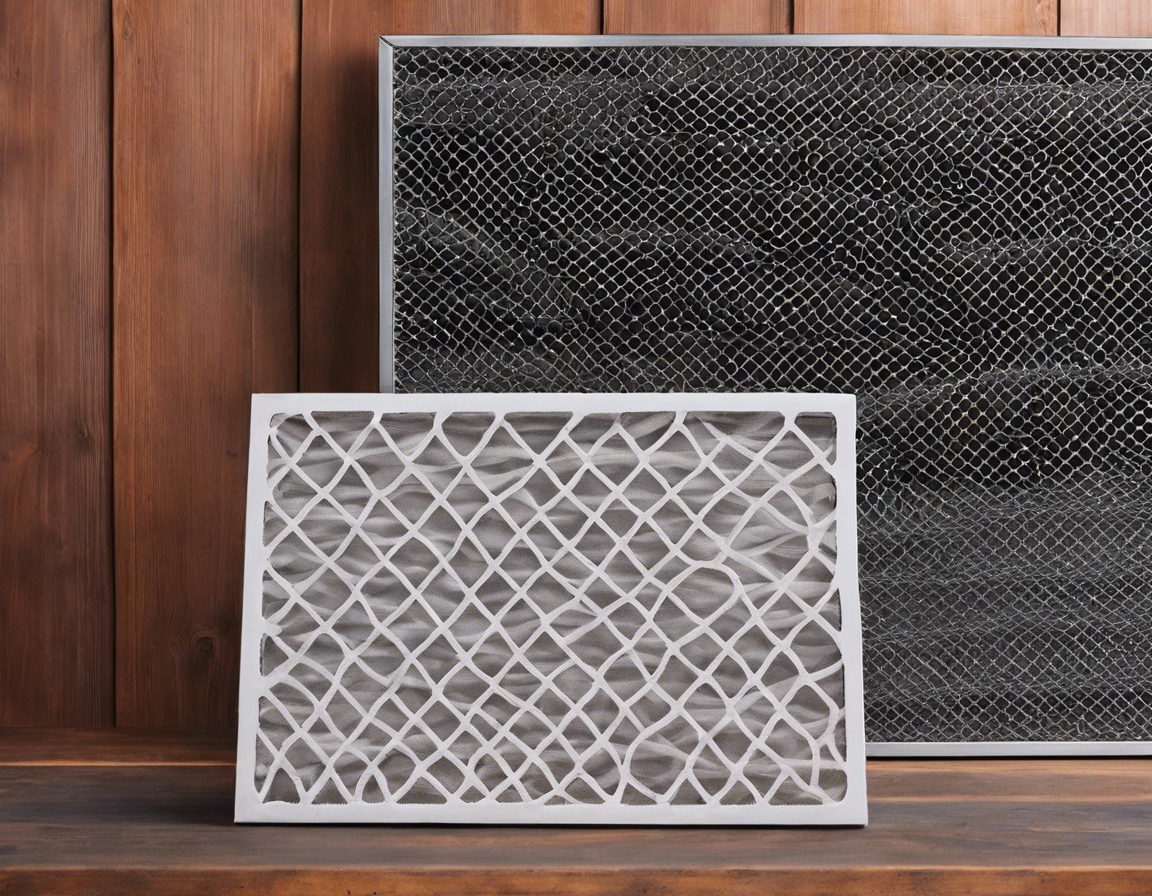How to maximize energy efficiency in your home
Energy efficiency in homes is not just a trend; it's a necessity for reducing energy consumption, lowering utility bills, and minimizing environmental impact. By optimizing how energy is used in your home, you can achieve significant savings and contribute to a more sustainable future.
Benefits of Maximizing Energy Efficiency
Maximizing energy efficiency offers numerous benefits, including reduced energy bills, increased comfort, and a smaller carbon footprint. It also enhances the value of your property and can lead to better indoor air quality.
Conducting an Energy Audit
An energy audit is the first step in identifying areas where your home can improve its energy efficiency. This involves assessing your home's energy use and identifying opportunities for improvement, such as upgrading insulation or replacing old appliances.
Insulation and Sealing
Proper insulation is crucial for maintaining a consistent indoor temperature and reducing the load on your heating and cooling systems. Consider upgrading to high-performance insulation materials to enhance your home's energy efficiency.
Air leaks can significantly impact your home's energy efficiency. Sealing gaps around windows, doors, and other openings can prevent heat loss in the winter and keep your home cooler in the summer.
Efficient Heating and Cooling Systems
Selecting an energy-efficient HVAC system is essential for reducing energy consumption. Look for systems with high SEER (Seasonal Energy Efficiency Ratio) ratings and consider options like heat pumps for greater efficiency.
Regular maintenance of your heating and cooling systems ensures they operate efficiently. Consider upgrading to smart thermostats for better control and energy savings.
Energy-Efficient Lighting Solutions
LED lights use significantly less energy than traditional incandescent bulbs and have a longer lifespan. Switching to LED lighting is a simple yet effective way to improve energy efficiency.
Smart lighting systems allow you to control lights remotely and set schedules, reducing unnecessary energy use and enhancing convenience.
Appliances and Electronics
Energy Star-rated appliances are designed to use less energy without sacrificing performance. Replacing old appliances with Energy Star models can lead to substantial energy savings.
Integrating smart home technology can optimize energy use by automating systems and providing insights into energy consumption patterns.
Renewable Energy Options
Installing solar panels can significantly reduce your reliance on grid electricity and lower your energy bills. They are a sustainable option for generating clean energy.
For homes in suitable locations, small wind turbines can be an effective way to generate renewable energy and enhance energy independence.
Water Heating Solutions
Tankless water heaters provide hot water on demand, reducing energy waste associated with traditional tank heaters.
Solar water heaters use the sun's energy to heat water, offering an eco-friendly and cost-effective solution for your home's hot water needs.
Landscaping for Energy Efficiency
Strategically planting trees and shrubs can provide natural shade, reducing cooling costs in the summer and acting as windbreaks in the winter.
Installing shade structures like pergolas or awnings can help control the amount of sunlight entering your home, contributing to energy savings.






Comments (0)